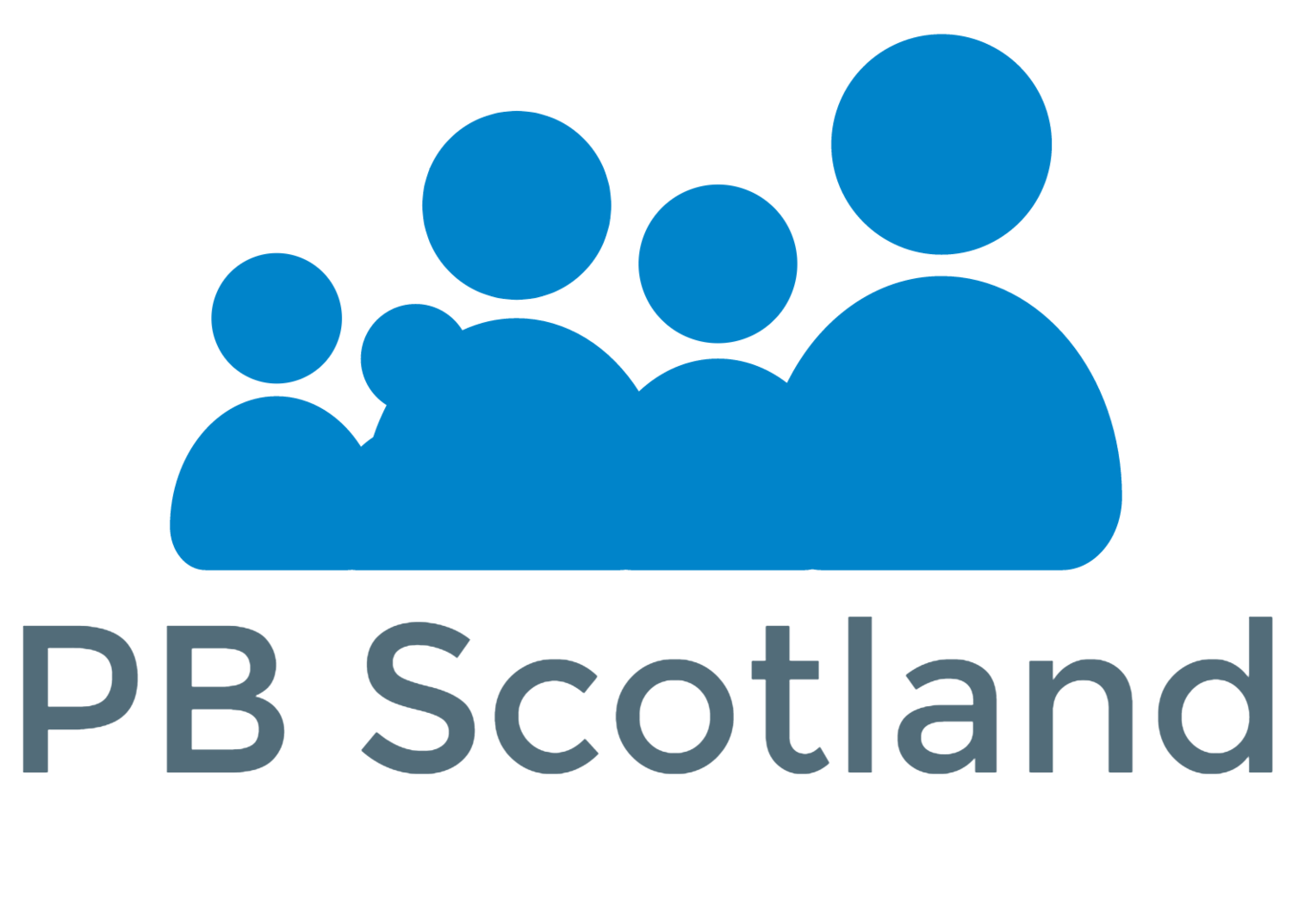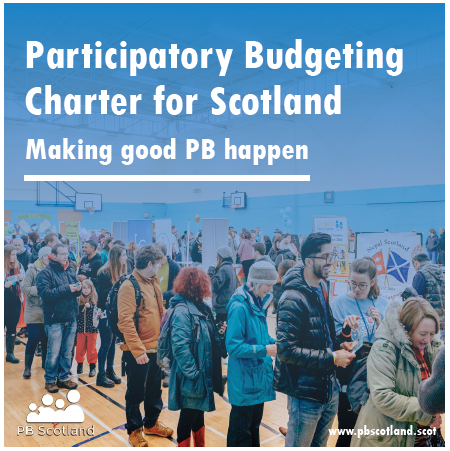Funding event - environment workshop
/Notes from the environment workshop of the March 20 2024 PB Learning Event on Funding:
We had a wealth of experienced PB-ers in the room, so were able to listen to their good practice examples specifically from Dundee (Climate Fund), JTNE (Just Transition PB Fund), Perth & Kinross (Green Living Fund) and Edinburgh (Community Climate Fund).
Discussion on a pragmatic approach to PB – it’s never perfect, but we learn each time.
There was a discussion on the support for community groups to apply – particularly around supporting groups to consider durability and lifespan of products as well as cost. An example of polytunnels was given where a group were supported to apply for a more expensive, but more durable version, rather than the version that would be damaged at the first strong wind.
Voting was discussed here as well, with acknowledgement that paper voting is needed – but it is about responsible paper voting – using recycled paper, ensuring that paper is recycled after the event, printing minimal amounts of information, and paper as a last resort.
Again, the costs of this ongoing engagement was raised – that it costs staff and volunteer time and resources to go out and host engagement and voting events, but that it was a worthwhile investment – but it would be good if funding was allocated to support the process in recognition of the amount of work a successful process needs.
The variety of projects being funded is diversifying as well, so it’s not just about pieces of battery powered equipment, but about things like tool libraries, cargo bikes, polytunnels, community growing, cycle repair and reuse, as well as better insulation for buildings, and where necessary, electric vehicles.
The climate conscious funding and behavior change is still new in our communities, so this is seen as a gentle and engaging way to support that approach to having the conversations that lead to individual and collective change for the benefit of the environment.
Challenges around funding were briefly discussed. Most green PB activity referenced during the breakout had been funded directly through Scottish Government or Local Authorities – some additionality (and match funding) had been experienced – it was felt that this is an area that could be explored in the future.
Finally, restrictions in timebound spend for funds was highlighted as a particular challenge – participants indicated that applications to significant national funds (SG Climate Fund) had previously been unsuccessful as full spend (rather only dissemination to successful projects) could not be achieved within the financial year.





